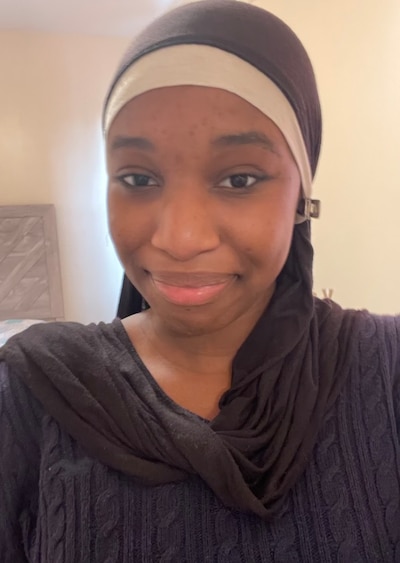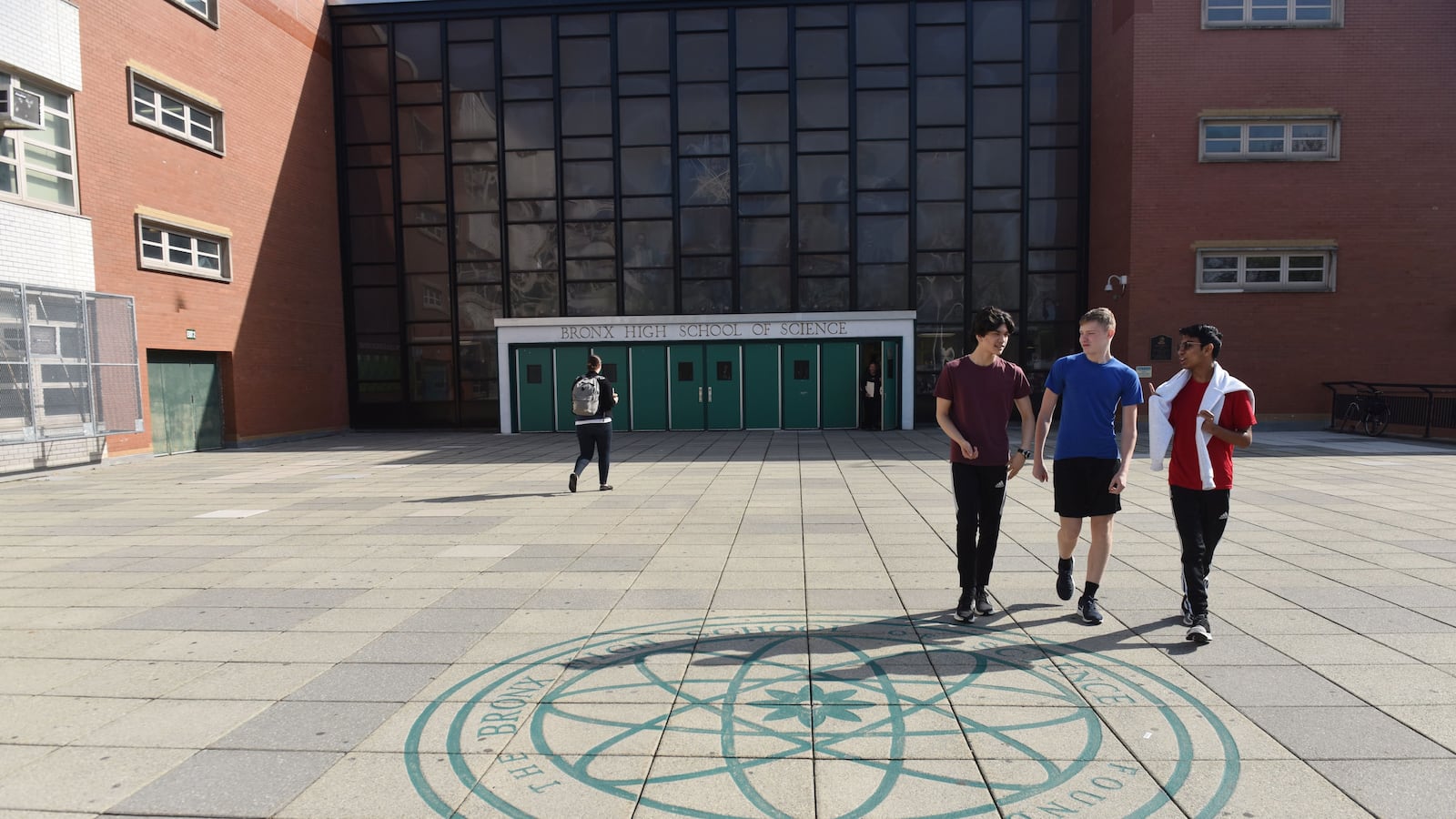As a student at the Bronx High School of Science who scored below the cutoff on that school’s entrance exam, it’s easy to feel like I don’t belong.
I attend one of the city’s nine elite specialized high schools. For eight of them, admissions are based on one number: an applicant’s score on the SHSAT, which stands for the Specialized High School Standardized Admissions Test.
The exam has been compared to the SAT, but most colleges take more than just test scores into account, also considering high school classes, grades, extracurricular activities, and volunteer work.

When I took the SHSAT alongside about 26,000 eighth graders, I remember feeling like my whole academic future depended on how I did.
Although I didn’t score high enough to get an automatic offer at Bronx Science, today I am a rising junior there. That’s thanks to the Discovery Program, which offers specialized high school access to economically disadvantaged students who score just below the admissions cutoff. Discovery students are invited to complete a month-long summer program to earn a specialized high school seat.
Currently, about 20% of specialized high school seats are reserved for students in the Discovery Program, which the city expanded in 2018 as part of a broader initiative to increase diversity at these elite schools.
I am what other specialized high school students sometimes call a “Discovery kid.” Feeling worthy of being at Bronx Science and surrounded by students who outscored me is a challenge that takes more than studying to overcome.
From the first day of school, I sheepishly pledged to myself that I would never, ever reveal my SHSAT score, a 471.
This number stayed with me throughout much of my freshman year. At times, it felt like a reminder of how far I had to go academically. I was worried that my peers would see me differently if I revealed that I was a “Discovery kid.” I found myself engaging in intellectual comparison. From test scores to IQ, from class rank to my student ID, it felt like I was defined by cold, hard, unchangeable numbers.
While I was busy doubting myself, my peers didn’t seem to be judging me. Not once during my first semester of freshman year did anyone ask me my SHSAT score. However, they did ask me to join in many of the clubs and extracurricular activities at Bronx Science. I’ve since joined the school’s Legal Society, Muslim Student Association, National Organization of Women, and Model U.N. Each group is a way to engage with like-minded students and develop valuable connections.
By sophomore year, busy with schoolwork and extracurriculars, it was finally sinking in: I am more than any number. I am worthy of going to Bronx Science alongside some of the brightest minds in New York City.
Are my grades perfect? No. But is the number scribbled in red pen atop an exam paper the numerical embodiment of my intellect or self-worth? Also no.
I call what I feel now “fulfillment with imperfection,” and it means letting go of the pressure to be flawless. It means understanding that joy comes from personal growth, not from comparing yourself to others or trying to prove yourself to them.
Mariam Musa is a rising junior at the Bronx High School of Science. She has a passion for law, art, and literature, and is a member of the Anti-Bullying Committee at her school.


